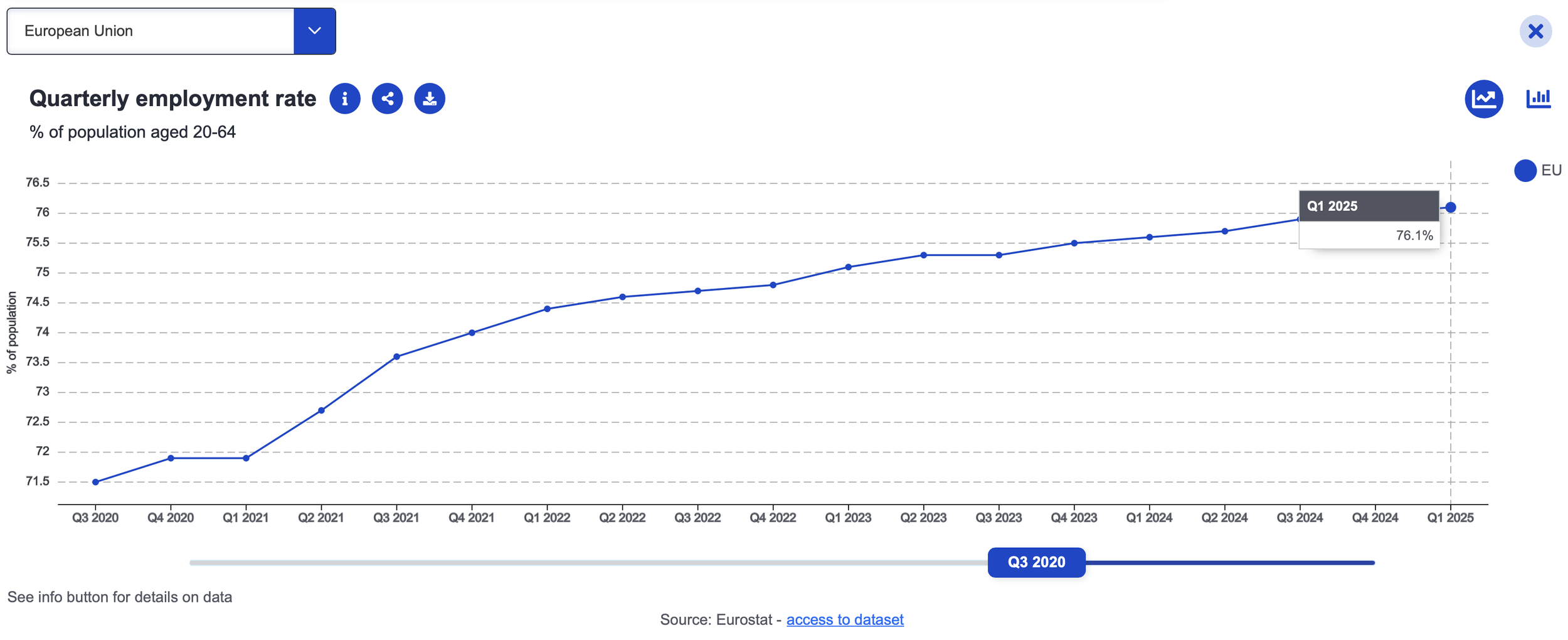EU Education and Skills 2025, Linking Learning to the Labour Market
Education is a cornerstone of socioeconomic development, and the European Union (EU) places significant emphasis on fostering educational growth across its member states. The EU's strategic framework for education and training aims to enhance collaboration and monitor progress within the European Education Area.
This initiative underscores the importance of education in driving productivity, innovation, and competitiveness in a globalised world.
The EU's education system is structured according to the International Standard Classification of Education (ISCED), which provides a framework for comparing education systems internationally.
This classification encompasses various levels, from early childhood education to tertiary education, facilitating a comprehensive understanding of educational progression across regions.
Regional disparities in educational attainment are evident within the EU. For instance, in 2023, the Lithuanian capital region of Sostinės regionas reported that 72.3% of individuals aged 25–34 had attained tertiary education, significantly surpassing the EU average of 43.1%.
Such variations highlight the need for targeted educational policies to address regional inequalities and promote balanced development.
To support these objectives, the EU has implemented initiatives like the European Year of Skills 2023/24, designed to promote reskilling and upskilling, helping people to acquire the right skills for quality jobs.
This initiative aligns with the EU’s social targets, aiming for at least 60% of adults to engage in training annually and achieving a 78% employment rate by 2030.
As of Q1 2025 we are at 76.1%, see European Statistical Monitor.
European Statistical Monitor on August 2025. Source: Eurostat.
For businesses and educational institutions, understanding these demanded skills in the education sector is more than just an academic exercise, it is a strategic advantage.
Aligning programmes, partnerships, and recruitment efforts with EU education priorities can help bridge skills gaps, expand talent pipelines, and ensure long-term competitiveness in a knowledge-driven economy.
We highly suggest the eurostat website from the European Union for more Information about statistics and data within the European Union.
For further reading on this specific topic, we suggest to read this article: Education and training statistics at regional level
At StudyfinderAI, we help institutions connect with the right talent by bridging the gap between education and the evolving demands of the labour market.
Our platform makes it easier for students to discover study paths that align with future skills needs, while giving universities valuable insight into regional and sector-specific education trends.
If your institution is looking to attract more qualified applicants or align programmes with EU skill priorities, let’s talk!
Contact us today to explore partnership opportunities and see how StudyfinderAI can support your goals.
Until then - all the best,

